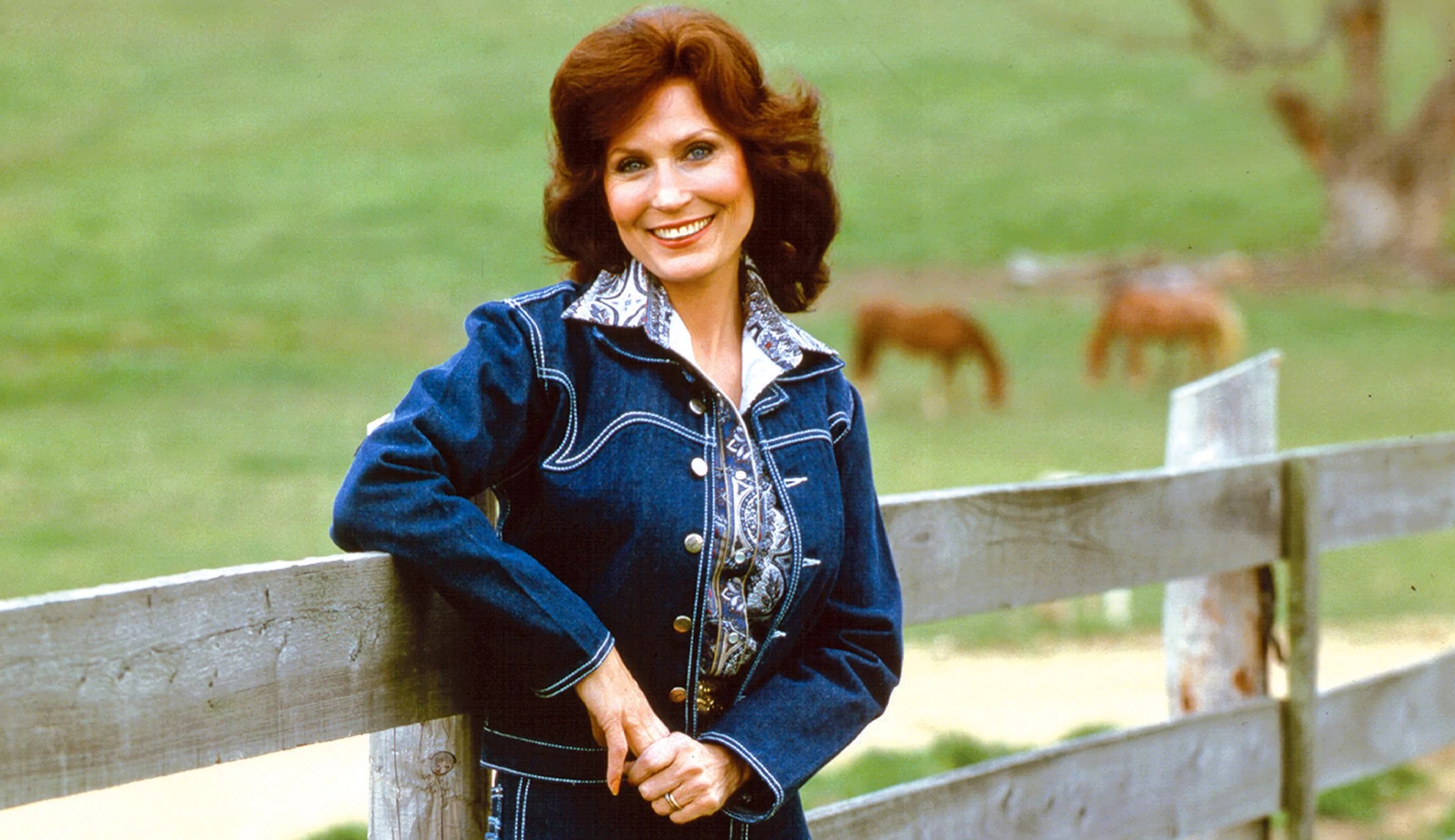Loretta Lynn, the iconic country singer, died on Oct. 4 at the age of 90. Lynn was known even among nonfans of the musical genre, and her inspiring life story culminated in the memoir Coal Miner’s Daughter, which led to the making of an Oscar-winning film of the same name.
Lynn grew up at a time when men dominated the country music scene. However, she thrived, and her skills set the stage for a generation of songwriters. Her songs ran the gamut from honky-tonk country to melodies rooted in her Appalachian upbringing.
Born in a cabin in Butcher Hollow, Kentucky, on April 14, 1932, Lynn was the second of eight children. Her parents, Melvin Webb and Clara Marie Webb, were movie fans, naming their daughter after the actress Loretta Young.
Lynn, like so many other women in Appalachia, married young, at the age of 15. Her husband, Oliver Vanetta Lynn, known as “Doolittle” or “Doo,” moved the couple (while Lynn was seven months pregnant with the first of six children) to the logging town of Custer, Washington, in the Pacific Northwest.
There, Doo heard Lynn singing while doing chores around the house. Impressed by what he heard, Doo bought her a guitar and a country songbook. Self-taught, she improved her playing, and Doo encouraged her to form a band, which she did with her brother Jay Lee as the lead guitarist.

The Pacific Northwest is not where one typically launches a country music career. Still, a televised talent contest in Tacoma, Washington, caught the attention of a record company that arranged to record some of her first songs, including “I’m A Honkytonk Girl” and “Whispering Sea,” which appeared as the A and B sides of a 7-inch single.
The self-promotion by the Lynns kicked off Loretta’s musical career. The couple traversed the country, promoting the single at various radio stations. In the 2003 book Finding Her Voice: The History of Women in Country Music, she recounted the adventure: “We were pitiful … Because we were too poor to stay in hotels, we slept in the car and ate baloney and cheese sandwiches in the parks …Then we’d go into the radio station and pester the DJ to play my record. We didn’t care if it was a 500-watt local station or a 50,000-watt clear-channel station. We’d hit them all. We were on the road three months.”
The hard work paid off. By the time the Lynns reached Nashville, Tennessee, “I’m A Honkytonk Girl was a hit.” In Nashville, she began playing at the Grand Ole Opry, a venue that helped her become a star and the top female recording artist in country music.
It was Doo that served as the inspiration for many of Lynn’s songs — due primarily to his womanizing and drinking. Songs such as her hit “You Ain’t Woman Enough (To Take My Man)” told of a time when she had a run-in with one of his mistresses. The song “Don’t Come Home A-Drinkin’ (With Lovin’ on Your Mind)” recounted the times Doo would come home drunk, looking to satisfy his sexual urges. Lynn never shied from telling people about her tumultuous marriage, even in the face of physical violence. In an interview with CBS, she said, “He never hit me one time that I didn’t hit him back twice.”
Still, the couple remained married for 48 years until Doolittle’s death in 1996 at the age of 69. In her memoir, Coal Miner’s Daughter, Lynn wrote, “If it wasn’t for Doolittle, there would be no career. I wouldn’t have started singing in the first place, and I wouldn’t have had the inspiration for some of my best songs, in the second place. And I never could have run my business. So in a real sense, Doolittle is responsible for everything we got.”
Despite her outspokenness on matters of politics and social issues and writing songs about infidelity, sex, and divorce, she never allowed herself to get pinned down politically. People attempted to make Lynn a feminist icon due to her songwriting, but she rejected labels such as feminism and women’s liberation. While she openly endorsed George H.W. Bush in 1988 and expressed support for Donald Trump in 2016, she maintained a long friendship with Jimmy Carter. In addition, she received the Presidential Medal of Freedom from Barack Obama in 2013.
Lynn’s achievements in music are plentiful. She wrote over 160 songs and released 60 albums. On the country music charts, she had 10 No. 1 albums and 16 No. 1 singles. She charted hits in all decades from the 1960s to the 2000s. Her 2004 album, Van Lear Rose, produced by the White Stripes’ Jack White, won the Grammy for Country Album of the Year. White paid tribute to Lynn on his Instagram account, where he wrote, “I said when I was first asked about her what I thought, and I said years ago that I thought she was the greatest female singer-songwriter of the 20th century. I still believe that.”
Lynn released her final solo studio album in 2021, Still Woman Enough. A worthy legacy for a coal miner’s daughter.
Jay Caruso is a writer and editor residing in West Virginia.
